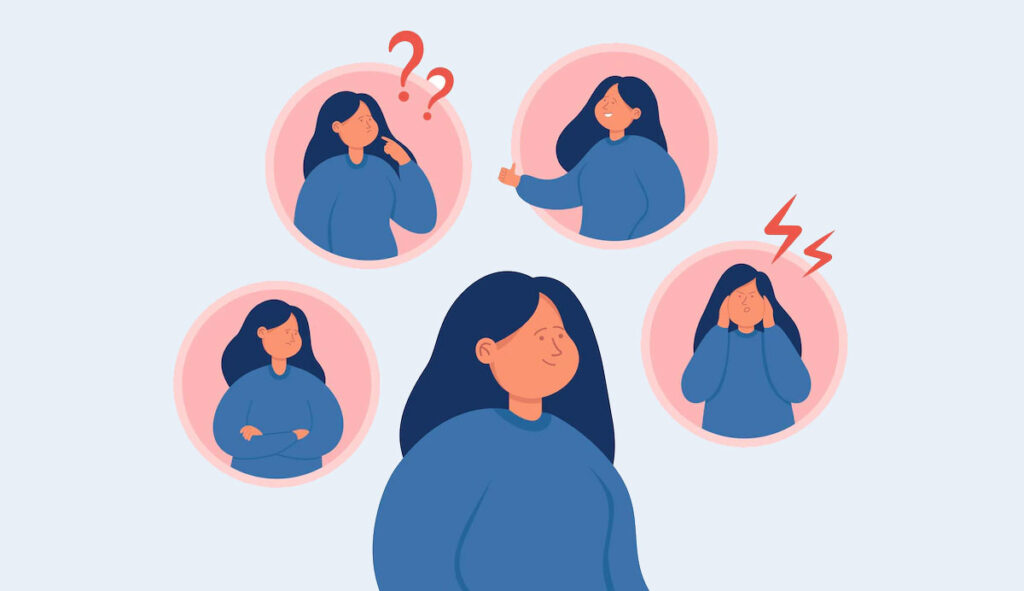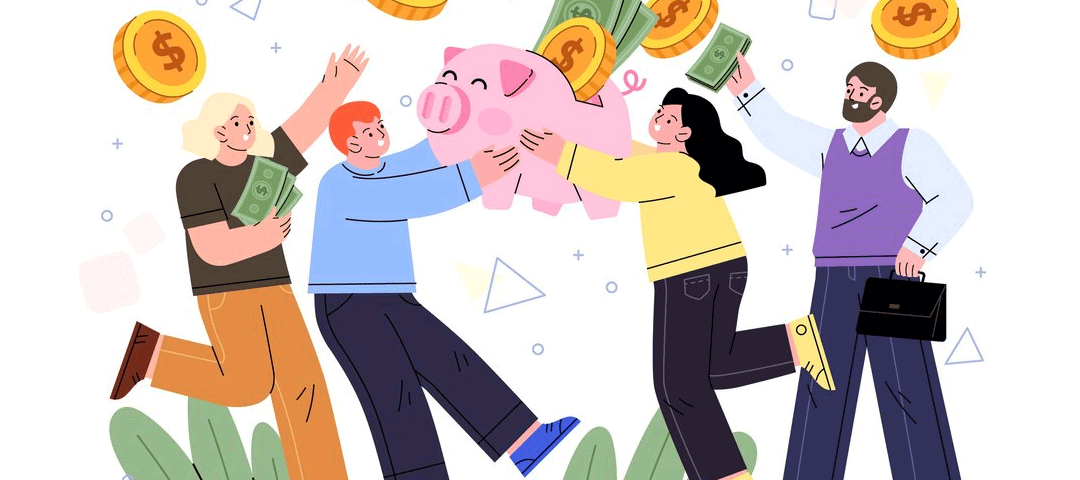A theory of motivation, known as the Basic Desires Theory by Steven Reiss, talks about sixteen fundamental needs, values and drives that motivate a person to take action. Through extensive research, Reiss has found a specific group of desires that motivate just about all human behavior.
Although its not common to think about human behavior in terms of motivation, knowledge of the 16 basic desires can help us to gain insight into what causes people to act in certain ways. These complex human desires can be grouped into two basic human needs: the desire to gain pleasure and the desire to avoid pain.
What motivates a person to take action?
- Power – the ability to do something or act in a particular way, especially as a faculty or quality.
- Independence – free from outside control; not depending on the authority of someone else.
- Curiosity – a strong desire to know or learn something.
- Acceptance – the action or process of being received as adequate or suitable, typically to be admitted into a group.
- Order – a state in which the laws and rules regulating the public behavior of members of a community are observed and authority is obeyed.
- Saving – the quality of using money and other resources carefully and not wastefully.
- Honor – adherence to what is right or to a conventional standard of conduct.
- Idealism – the practice of forming or pursuing ideals, especially unrealistically.
- Social contract – an implicit agreement among the members of a society or group to cooperate.
- Family – a group of people related to one another.
- Status – the official classification given to a person, country, or organization, determining their rights or responsibilities.
- Vengeance – punishment inflicted or retribution exacted for an injury or wrong.
- Romance – a quality or feeling of mystery, excitement, and remoteness from everyday life.
- Eating – provides energy and allows for growth.
- Physical exercise – activity, such as walking, cycling, wheeling, doing sports or active recreation, provides significant benefits for health.
- Tranquility – not showing or feeling nervousness, anger, or other strong emotions.
Social proof and testimonials
Social proof is a psychological phenomenon that occurs in social situations when people don’t know how to react or behave and just assume that other people are more knowledgeable about the situation than they are.
The majority of people base their buying decision on the strength of testimonials alone. Its common to deem the behavior of others as appropriate or look at their opinions as better informed and simply “follow the herd.”

Risk free offers
The promise of a money-back guarantee is where you eliminate the buyer risk, thus removing any remaining obstacles standing in the way of the sale. By removing the risk, you make it easier for the prospect to say yes.
Example: Take the ABC system for a test drive. If you don’t triple your sales in 60 days, then return it for a full refund.
Less aggressive sales tactics
Avoid using words like buy now or order. Use call to action phrases that take the edge off spending money, make it look easy and convey a benefit: Book Your Reservation, Unlock Your Cash, Become an Associate, Join our Network.
Put yourself in the buyers shoes
The ability to view things from the perspective of your audience is a powerful tool for copywriting and marketing. The more sensitive you are to people’s frame of mind, the more persuasive you can be.
Trust is one of the most important factors when trying to make sales online, and finding ways to build trust on the internet is big businesses. Most sales, whether online or offline, are based primarily on solving a problem for someone.
On the internet, people buy from people they like and trust. The more rapport you can build with your potential customers, the more likely they will trust and agree with you.
Give your customers a positive emotional experience
While buyers seek the physical benefits of your product or service, what they truly want is emotional satisfaction. If you can meet their emotional needs during the sales process, the features of your product or service become less important.
